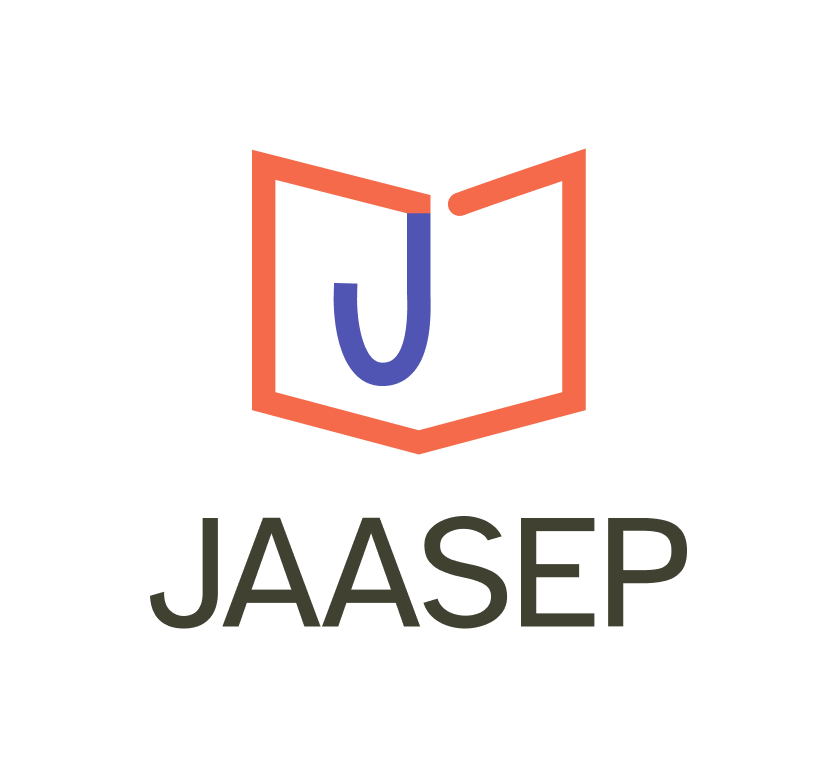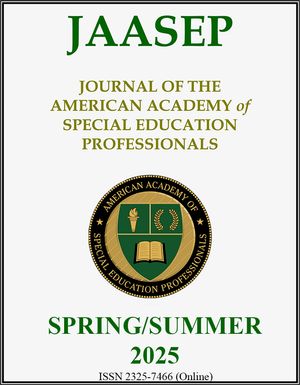Starting from:
$4.95
Effectiveness of Transitional and Follow-Up in Kiambu County, Kenya
JAASEP SPRING SUMMER 2014- ARTICLE ABSTRACT - The purpose of this study was to investigate how vocational education and transitional services offered in vocational institutions helped young adults with intellectual disabilities (YAWID) attain full community integration. The study objectives included investigate the effectiveness of transitional services and follow-up programs towards aiding their community integration. The study employed both quantitative and qualitative approach. Quantitative analysis was applied for the purpose of clarification, strengthening, explaining and supporting qualitative information.
The research design for this paper was a descriptive case study. The target population comprised all young adults with intellectual disabilities in Kiambu County. The sample of the study included 10 young adults with intellectual disabilities. Other respondents were a head teacher/employer, 2 vocational teachers and 9 parents. Data collection was completed via use of interview guides, note taking, audio recording and an observation checklist. The actual data collection took 30 days. Data from interviews and observation text were coded and codes created according to the themes of the study. Qualitative data analysis was by use of Atlas ti software computer programme. Quantitative data analyses were completed manually through tallying the frequency of segmented responses. Further, the findings revealed that in as much as young adults with intellectual disabilities were offered vocational skills in the special school, what they were engaged in was not relevant to the skills they trained in. This led to some of them disliking the kind of jobs they had as avenues of community integration. It was evident that a well-specified vocational transitional services for persons with intellectual disabilities was lacking.
Authors - MARGARET W. MAKANYA, DR. MARY RUNO & DR. VIOLET WAWIRE
1 file (107.7KB)



